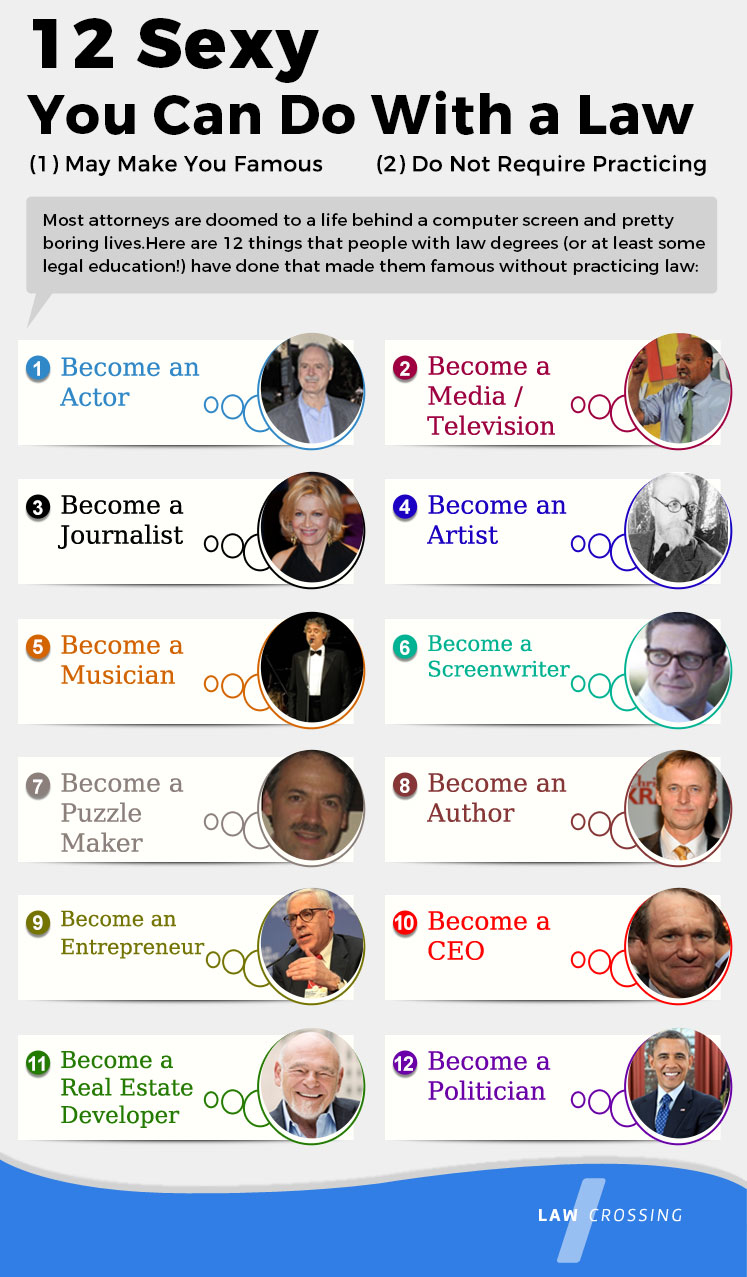A federal appeals court has ruled that a Texas judge who blocked a lawyer from his Facebook page and deleted the lawyer’s negative comments cannot be sued for a constitutional violation. The 5th U.S. Circuit Court of Appeals at New Orleans upheld a district court decision, dismissing the First Amendment claim against Judge Michael Newman, a former Harris County, Texas, probate judge.
Newman had used his Facebook page to share news about his personal life and support his reelection campaign. However, he deleted comments by Randall Kallinen, a Houston-based attorney, accusing the judge of having “court cronies” and doing “favors for them at the expense of other litigants.”
The 5th Circuit agreed with a federal district judge who said Newman’s page was not used for official business, and he was not acting “under the color of state law.” As a result, he couldn’t be sued for a First Amendment violation under Section 1983 of the Civil Rights Act.
While the alleged facts suggest that Newman often used his page as a campaign tool, they do not support a claim that he used his official position to silence Kallinen’s speech or that his Facebook page was a function of his official duties. The 5th Circuit noted that, at best, Kallinen had alleged enough facts to conclude that Newman used his Facebook page strategically to create a favorable impression in voters’ minds.
The decision highlights the importance of distinguishing between an official and a personal social media account. In this case, Newman’s Facebook page was found to be a personal account that was not used for official business. Therefore, he was not acting officially when he blocked Kallinen.
The Court stated that social media is an essential platform for political speech, allowing individuals to express their views and engage in a robust public debate. The Court also noted that social media provides a unique forum for exchanging ideas and enables individuals to exercise their right to receive and impart information.
Therefore, government officials who use their social media accounts to engage in official business, such as communicating with constituents, cannot block users based on their viewpoints without violating the First Amendment. However, the decision in Newman’s case shows that officials who use their accounts for non-official purposes may have greater discretion to regulate speech.
In conclusion, the 5th Circuit’s decision highlights the importance of distinguishing between personal and official social media accounts and the different legal standards that apply to each. While government officials must be careful not to violate the First Amendment when using their social media accounts for official business, they may have more leeway when using personal accounts. However, individuals still have the right to express their views on matters of public concern, regardless of the platform used.


























